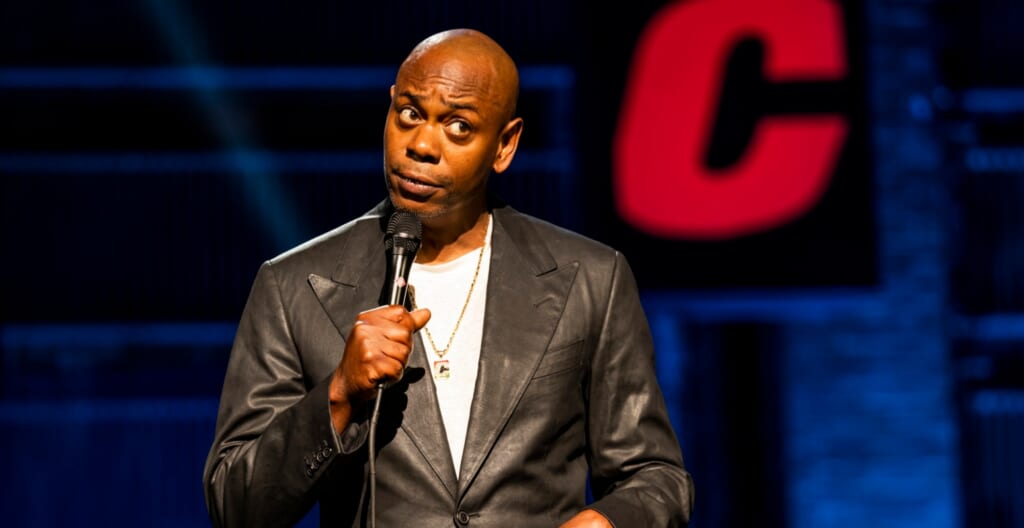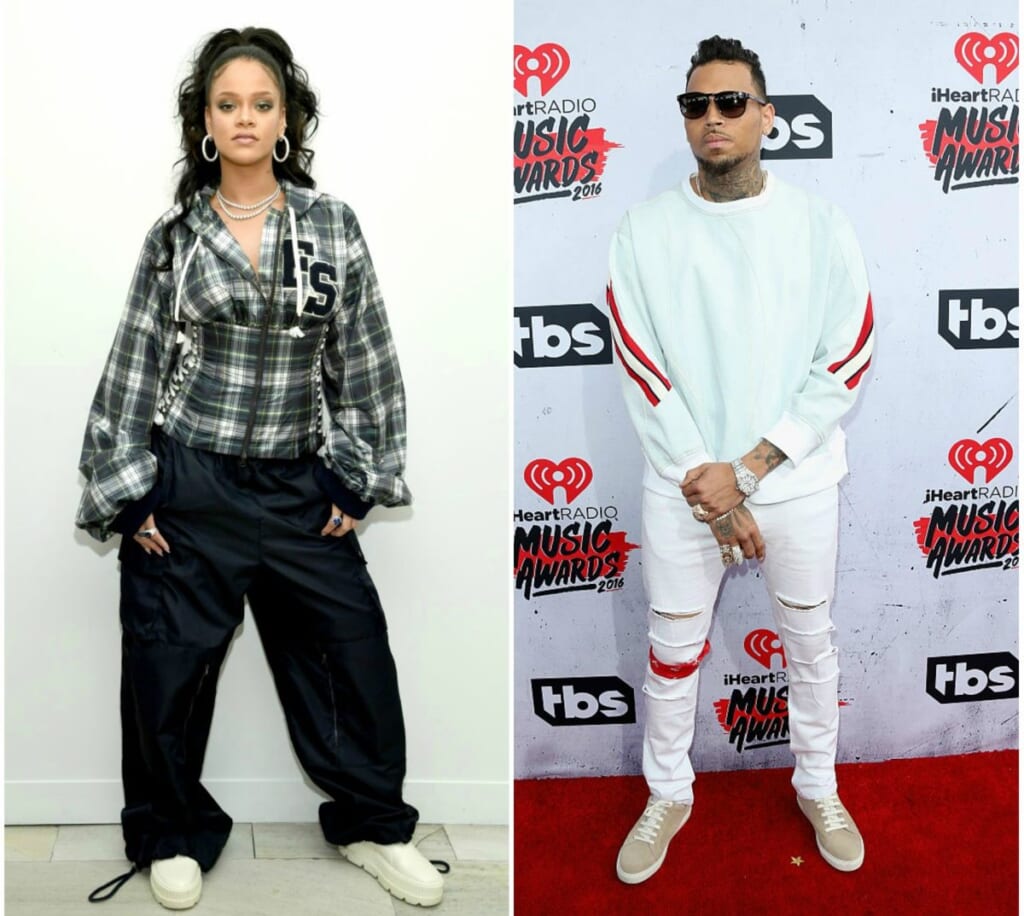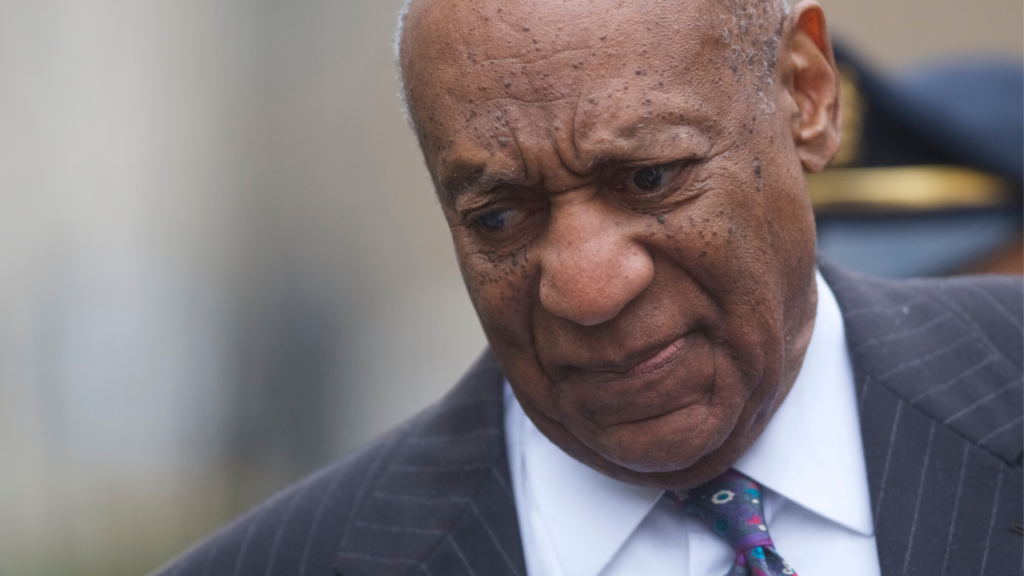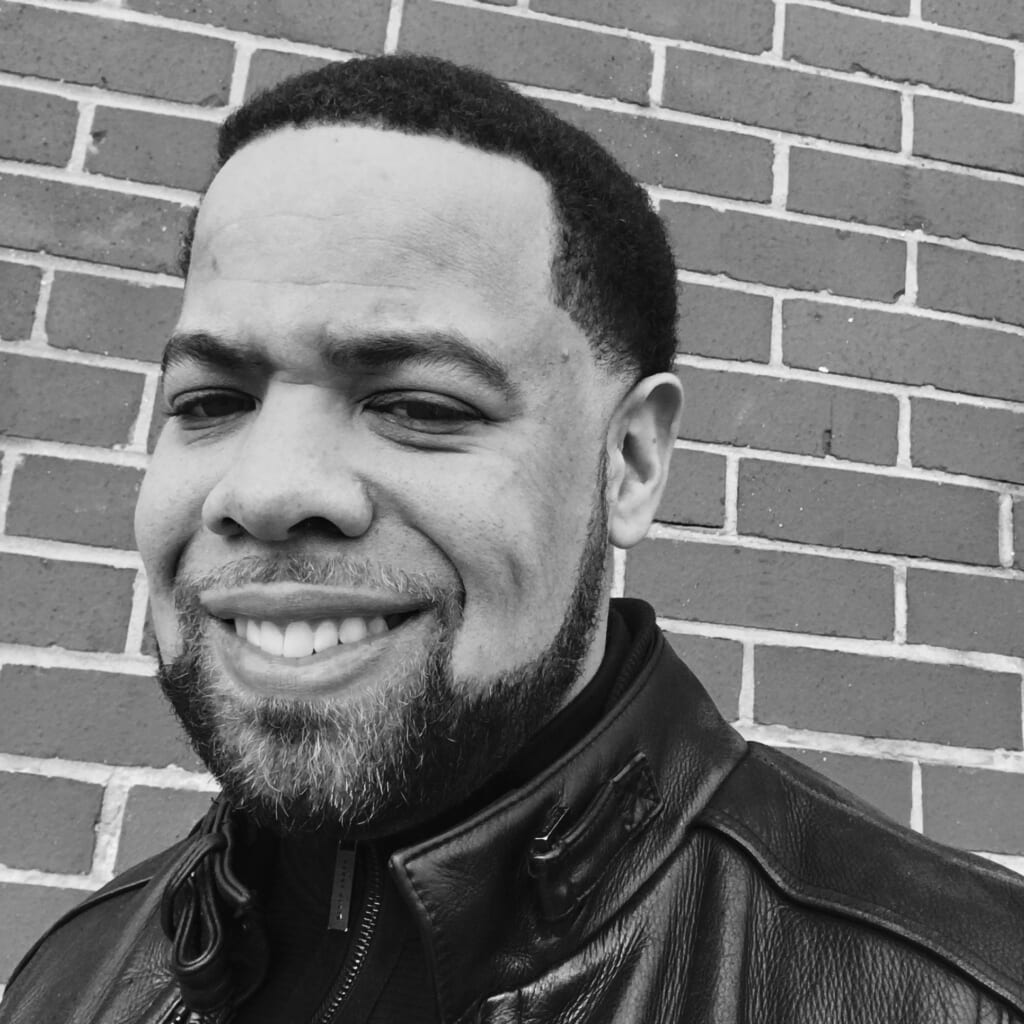What does it mean to be ‘canceled,’ anyway?
OPINION: Dustin J. Seibert deep-dives into "cancel culture" and its real impact on society and pop culture.
As I write this, we’re entering week four of collective outrage over Dave Chappelle’s latest Netflix series The Closer, which included a virtual walkout of Netflix staff and a fusillade of think pieces on the man and his special that has yet to abate. Let the internet tell the tale, Chappelle has never been more canceled.
His bag might actually be affected as well. While continuing to double down on everything he said in the special, Chappelle admitted that the blowback from The Closer has impeded his ability to distribute his upcoming film Untitled: Dave Chappelle Documentary Film. The seemingly interminable Chappelle madness has me thinking more keenly about “cancel culture,” its role in the zeitgeist, and exactly what it entails. Who adjudicates “cancellations?” Who, exactly, has been canceled for good? What does it all mean?
I think I’ve worked out a few of these questions. Pull up a chair.

More levity for the beloved
Whenever I hear or read that someone is being “canceled,” I assume a movement to cease supporting them with our time, attention, and remuneration. A celebrity has to feel cancelation, as Michael Richards did following his pre-Twitter N-word tirade caught on tape that basically destroyed his career.
But Richards-style cancelations are exceedingly rare, especially since there’s a clear correlation between how beloved a celebrity is and the likelihood of them becoming permanently persona non grata. Nothing short of the mass murder of babies and kittens caught on tape could get certain celebrities canceled.
See Michael Jackson: The 2019 HBO documentary Leaving Neverland documentary leveled damning allegations of child sexual abuse toward the King of Pop. But many refused to even entertain the notion, in large part because Jackson is, arguably, the biggest global music artist of all time, and he’s not here to defend himself. We put our collective hands over our ears and eyes and kept “Wanna Be Startin’ Somethin'” on our “Get Right for the Summer” gym playlists.

It’s also why Kanye West was able to back everyone’s favorite President, rock the maligned red MAGA hat and tell us that “slavery was a choice,” only to sell out arenas a year later playing an incomplete album over speakers. Because heaven forbid we allow the man who crafted “My Beautiful Dark Twisted Fantasy” to hinder our ideological resolve when we’re still giving Chrisette Michele s— five years after she performed at Donald Trump’s inauguration.
Chappelle’s struggle to get distribution proves he’s not completely coated in Teflon. But he remains one of the most beloved living comedians, has the cachet to make incendiary jokes that lesser-known-and-loved comedians can’t, and will likely come out on the other end of the “Closer” controversy just fine.
We don’t believe you, you need more people
Cancel culture is often performative and marked by virtue signaling – by individuals and corporations. When DaBaby stuck a banana in the tailpipe of his own career by making pointlessly offensive comments in place of the tried-and-true “put your hands in the air” at the Rolling Loud Festival last summer, other festivals wiped him off the slate, ostensibly in the name of “diversity and inclusion tolerance.”
But it was really because DaBaby’s brand was radioactive for about a month over the summer and no one wanted the bag threatened. (DaBaby’s 17 seconds of “cancelation” appear to be over, in case you were concerned.) Oftentimes, when people say they’re pissed at an artist, they just wanted it documented that they’re on the right side of social progression: Expect that many of the verified-blue-check-mark folks leading the charge with endless retweets demanding an artist’s cancelation are probably still blasting their music with the windows rolled up.
Memories aren’t that long
Anything that hits the Internet automatically becomes immortalized via the gods of Google. But we’re so often rocked with salacious new stories that command the moment that people tend to forget why they “canceled” someone to begin with. Chris Brown’s name was mud when we all saw those pictures of a battered Rihanna. But that incident is almost teenaged and Brown has enjoyed a fruitful career since (though many will never forget).

Time, and being a compelling content creator, has been good for Charlamagne tha God, who has managed to weather two-decade-old sexual assault allegations that he still vehemently denies. If the allegations surfaced today, dude would likely have more challenges getting through it.
When it comes to “cancelation,” it would appear time heals most wounds.
“Cancelation lite”
No one (outside of maybe Issa Rae and Tom Hanks) is perfect. Anyone heavily active on Twitter is bound to make a slip-of-the-fingers at some point – even generally respected celebrities like Chrissy Teigen, who caught some headline darts when she made an innocuous but insensitive joke about Megan Thee Stallion’s alleged shooting at the hands of Tory Lanez. (Teigen apologized, everyone moved on.)
Canadian Prime Minister Justin Trudeau had to explain himself when it was revealed that he thought it was a grand idea to wear blackface in the 1990s and early-2000s. He played the young-and-dumb card, apologized and it’s all good because dude is giving Eric Bana–Matthew McConaughey vibes and folks tend to forgive the attractive ones first (hint-hint, Kodak Black).
I’m convinced Aziz Ansari was canceled for his date-gone-left because it happened at the beginning of 2018 when the #MeToo movement was dragging bad men up outta here left and right. He had to sit down for about a year and change before returning for a tour of contrition. Twitter-fueled hyperbole notwithstanding, sometimes all that’s required is an (sincere) apology, and a bit of a break from the public eye…the world will always enjoy a great comeback story.
Loudness reigns supreme
Something about that blue Twitter verified checkmark promotes a false sense of authority — folks see it, and they jump on the retweet train without asking a bunch of questions. Before you know it, Celebrity X is trending for all the wrong reasons.
But I don’t believe thousands of retweets are always a reliable gauge of the temperature of the masses. For example, a significant number of women who identify as LGBTQ+ allies have admitted to me that they also align themselves with the Trans-Exclusionary Radical Feminist (TERF) ideologies that currently have Chappelle in hot water.
I’m also surprised at how many people will publicly and gleefully acknowledge that R. Kelly’s the trash bucket that he is, but will still blast his music from their old CDs (so he doesn’t get a piece of the streaming profits) with the doors closed and windows rolled up.
Assume that, for every viral Twitter thread calling for someone’s head, there may be an even larger group with a contrasting opinion quietly watching with zero intention of moving any differently.
So, who gets canceled for real?
Speaking of Kells, he and Bill Cosby are the only two Black artists I can think of who seem to be irrevocably stamped out. Certain media flat-out refuse to mention the former’s name in print or on-air.
What does it say about us that it took so much to knock Kelly out of the box? A quarter-century ago, he “married” a 15-year-old girl, and nearly two decades ago he was caught on video sexually assaulting a minor, only to go on to release some of the most popular music of his career. It took a three-day, six-part documentary proving that he was still holding women hostage at the airdate for the lightbulb to go off for so many people.
Same with Cosby: he completely skirted the original sexual assault allegations against him from the mid-aughts, only for the dominos to finally start tumbling after one Hannibal Buress joke in 2014, motivating some 60 women to come forward with allegations.

Kells may never again see the light of day as a free man, and Cosby will die before anyone dares provide him a platform to produce new content. The takeaway, by my estimation, is that a sustained campaign of victimizing many women – and then forcing those women to relive their traumas by sharing them with the world – seems to be the bar for sustained cancelation. Even then, your high school classmate with that one year of community college under his belt will try to convince you that it’s a plot to “destroy the Black man” or that it has something-something to do with someone trying to purchase NBC.
It means that “cancel culture” as we know it is, far more often than not, a toothless, risible entity…words we throw around when we’re pissed off at a famous person for a bit before we move on. It’s laden with hypocrisy and selective memory, and in some cases, probably does more to benefit the famous person getting “canceled.”
Don’t believe me…? Wait’ll Netflix releases those numbers for The Closer.

Dustin J. Seibert is a native Detroiter living in Chicago. Miraculously, people have paid him to be aggressively light-skinned via a computer keyboard for nearly two decades. He loves his own mama slightly more than he loves music and exercises every day only so his French fry intake doesn’t catch up to him. Find him at his own site, wafflecolored.com.
Have you subscribed to the Grio podcasts, ‘Dear Culture’ or Acting Up? Download our newest episodes now!
TheGrio is now on Apple TV, Amazon Fire, and Roku. Download theGrio today!
